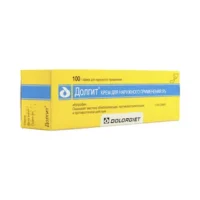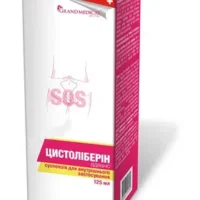Description
Rhizostin (Sodium Risedronate) Coated Tablets 35 mg. №4
Ingredients:
- Each coated tablet contains 35 mg of sodium risedronate.
Dosage:
- The recommended dosage is one tablet once a week, taken on the same day each week.
Indications:
- Rhizostin tablets are indicated for the treatment and prevention of osteoporosis in postmenopausal women.
Contraindications:
- Do not use Rhizostin if you have low blood calcium levels or if you are allergic to risedronate or any other ingredients in the tablets.
Directions:
- Swallow the tablet whole with a full glass of plain water at least 30 minutes before any food, drink, or other medications.
Scientific Evidence:
Rhizostin (sodium risedronate) has been extensively studied in clinical trials for its efficacy in treating osteoporosis. Research has shown that sodium risedronate effectively reduces the risk of fractures and increases bone mineral density in postmenopausal women.
Additional Information:
- It is important to follow the dosage instructions carefully and to avoid lying down for at least 30 minutes after taking Rhizostin to prevent irritation of the esophagus.
- Studies have indicated that long-term use of sodium risedronate may further reduce the risk of fractures and maintain bone health in individuals with osteoporosis.
- Regular monitoring and follow-up with a healthcare provider are essential to assess the effectiveness of the treatment.




